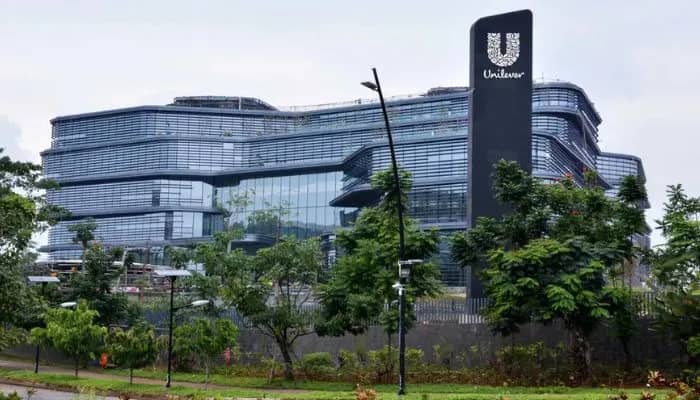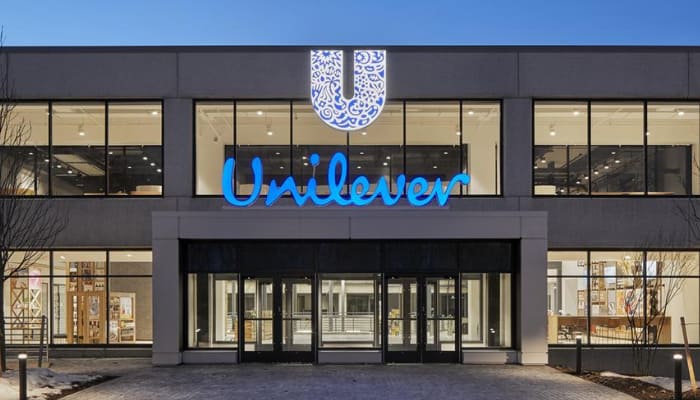Indonesia – Unilever is set to implement strategic adjustments to its categories, channels, costs, and organisational structure as part of its recovery strategy in response to business challenges in its Indonesia unit.
In its recent year-to-date (YTD) results for September 2024, Unilever Indonesia acknowledged ongoing business challenges and outlined key strategies aimed at strengthening the company’s foundation for future growth.
The company emphasised that, “despite facing headwinds,” it maintains a significant market share and leads in 13 categories, highlighting the enduring consumer preference for its products.
According to the company’s official report, the company plans to strengthen their power brands and portfolios by introducing new product formats that have resonated with consumers.
Unilever will also transform its distributive trade and stock management, optimise promotions to maintain competitiveness, and enhance its social media presence. Additionally, it will reassess costs, enhance efficiency and resource allocation, and redirect investments toward strategic priorities.
The company further bared plans for enhancing their organisational structure, including changes in their leadership level, to ensure that “the business is always well-prepared for future challenges and opportunities.”
In a statement, the company wrote, “We are undergoing a complete transformation and driving operational improvements that will take some time, at least until the first half of next year. That being said, we fully believe that this is the right thing to do and, in our ability, to turn around the performance. Again, we are committed to emerging stronger, or resilient, and well positioned to seize future opportunities.”
These ‘drastic’ strategic changes come as Unilever in Indonesia reported an 18% revenue drop in the third quarter, primarily due to a decline in sales volumes.
According to a report by Reuters, the company is facing challenges following a recent consumer boycott of multinational brands, sparked by public response to the ongoing Gaza conflict.
In the report, Unilever first disclosed in February that fourth-quarter sales growth in Southeast Asia had been impacted by Indonesian consumers boycotting multinational brands in reaction to the Middle East’s geopolitical situation.
CEO Hein Schumacher recognised these “long-standing issues” in the country, stating that Unilever is implementing “significant interventions” in Q3 and Q4 in Indonesia, though he cautioned that these efforts will not produce immediate results in the next quarter.
Meanwhile, chief financial officer Fernando Fernandez told analysts that the company aims to make its brands “more contemporary” in response to “significant societal changes.” He is expecting that these efforts would yield improvements within the next six months.
Fernandez also said that a revamp of the distribution system is currently underway to stabilise prices, noting that the group’s efforts are already “yielding some results.”
“We have been recovering part of the share losses we suffer due to the consumer backlash that is related to the geopolitical situation in the Middle East; we have recovered around one quarter of the share losses,” he said to Reuters.
In its YTD September 2024 results, Unilever reported a 9.9% year-on-year decline in domestic revenue, attributed to price instability and reduced customer stock in Q3. Although the company’s market share remained stable in 2024, it is still below the YTD October 2023 level.
“We are undertaking necessary adjustments, from refining our product offerings to strengthening our operational efficiency, with a long-term perspective guiding these actions. While the impact of these actions will take time, I am confident in our ability to recover and return to growth. We are committed to emerging stronger, more resilient, and positioned to seize future opportunities,” Benjie Yap, president and director of Unilever, said in a statement.


















